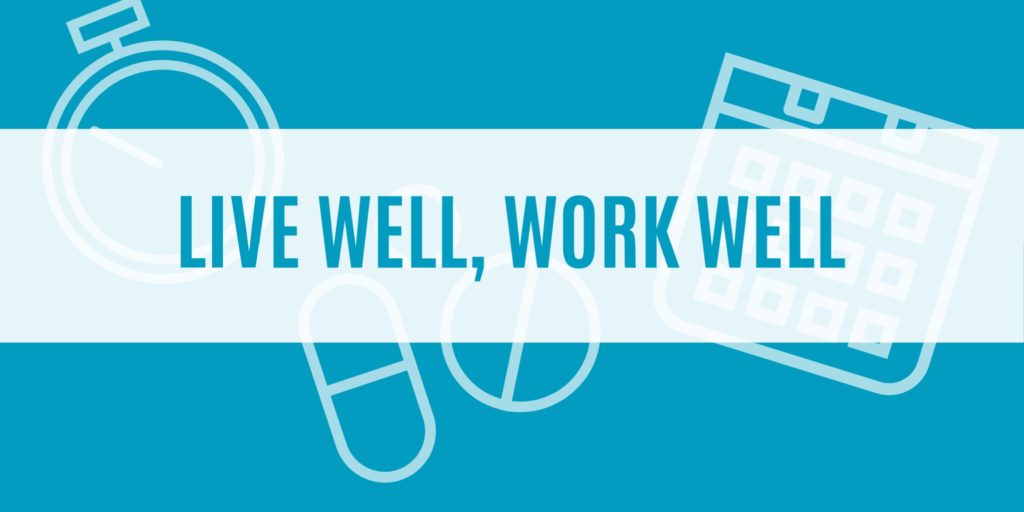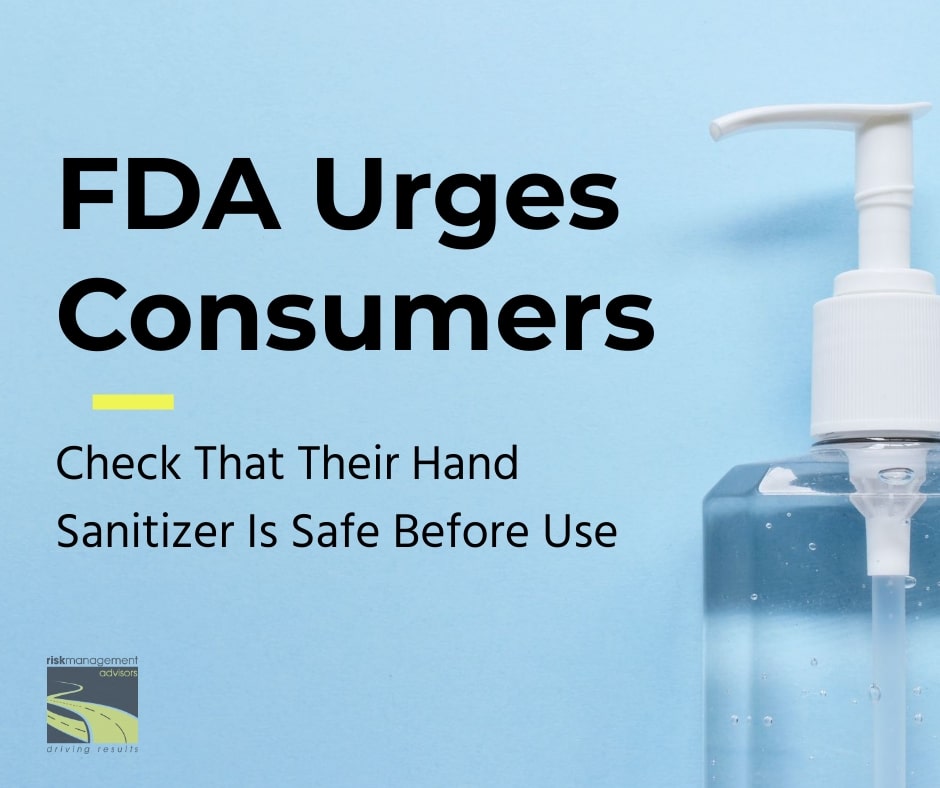09 Sep EEOC Updates Employer Guidance on Coronavirus and the ADA
 On Sept. 8, 2020, the Equal Employment Opportunity Commission (EEOC) issued additional answers to frequently asked questions (FAQs) about how employers should comply with the Americans with Disabilities Act (ADA) while also observing all applicable emergency workplace safety guidelines during the coronavirus pandemic. The new FAQs, which address various issues related to employees returning to work during the pandemic, were added to guidance that the EEOC first issued on March 18, 2020, and then updated in April, May and June of 2020.
The FAQs draw from the EEOC’s existing pandemic publication, Pandemic Preparedness in the Workplace and the ADA, to help employers navigate workplace issues related to the coronavirus (COVID-19). In particular, the EEOC’s FAQs include information from a section of the publication that answers employer questions about what to do after a pandemic has been declared. This HR Compliance Bulletin contains the EEOC’s updated FAQs.
On Sept. 8, 2020, the Equal Employment Opportunity Commission (EEOC) issued additional answers to frequently asked questions (FAQs) about how employers should comply with the Americans with Disabilities Act (ADA) while also observing all applicable emergency workplace safety guidelines during the coronavirus pandemic. The new FAQs, which address various issues related to employees returning to work during the pandemic, were added to guidance that the EEOC first issued on March 18, 2020, and then updated in April, May and June of 2020.
The FAQs draw from the EEOC’s existing pandemic publication, Pandemic Preparedness in the Workplace and the ADA, to help employers navigate workplace issues related to the coronavirus (COVID-19). In particular, the EEOC’s FAQs include information from a section of the publication that answers employer questions about what to do after a pandemic has been declared. This HR Compliance Bulletin contains the EEOC’s updated FAQs.
09 Sep How to Support Employee Behavioral Health During the Pandemic
 Fear, worry, and stress are normal responses to perceived or real threats, or when faced with uncertainty. Understandably so, it is normal that people are experiencing worry or stress during the coronavirus pandemic.
Fear, worry, and stress are normal responses to perceived or real threats, or when faced with uncertainty. Understandably so, it is normal that people are experiencing worry or stress during the coronavirus pandemic.
The coronavirus pandemic has affected nearly every aspect of daily life. Americans are increasingly suffering from behavioral health issues during the pandemic, including mental health issues and substance abuse. This can have a disastrous impact on workplace productivity.
This article provides tips and considerations to help employers support their employees during this challenging time.
09 Sep Live Well, Work Well – September 2020
 Live Well, Work Well - September 2020
Live Well, Work Well - September 2020
Choosing an Effective Hand Sanitizer
Hand hygiene is an important response to the COVID-19 pandemic. The Centers for Disease Control and Prevention (CDC) recommends washing hands with soap and water. If those aren’t available, using a hand sanitizer can help you avoid getting sick and spreading germs. Americans are having a hard time tracking hand sanitizer down; however, the CDC doesn’t recommend that people make their own product, as there’s a chance it could be ineffective or cause skin burns.09 Sep FDA Urges Consumers To Check That Their Hand Sanitizer Is Safe Before Use

The FDA Is Warning Consumers To Refrain From Using More Than 150 Sanitizers.
Hand hygiene is an important response to the COVID-19 pandemic. The Centers for Disease Control and Prevention recommends washing hands with soap and water. If those aren’t available, using a hand sanitizer can help you avoid getting sick and spreading germs.


 On Sept. 11, 2020, the Federal Motor Carrier Safety Administration (FMCSA) extended yet again the emergency declaration that provides truck drivers an exemption from Parts 390 to 399 of the federal motor carrier regulations (including hours of service, vehicle inspection and driver qualification rules).
On Sept. 11, 2020, the Federal Motor Carrier Safety Administration (FMCSA) extended yet again the emergency declaration that provides truck drivers an exemption from Parts 390 to 399 of the federal motor carrier regulations (including hours of service, vehicle inspection and driver qualification rules).